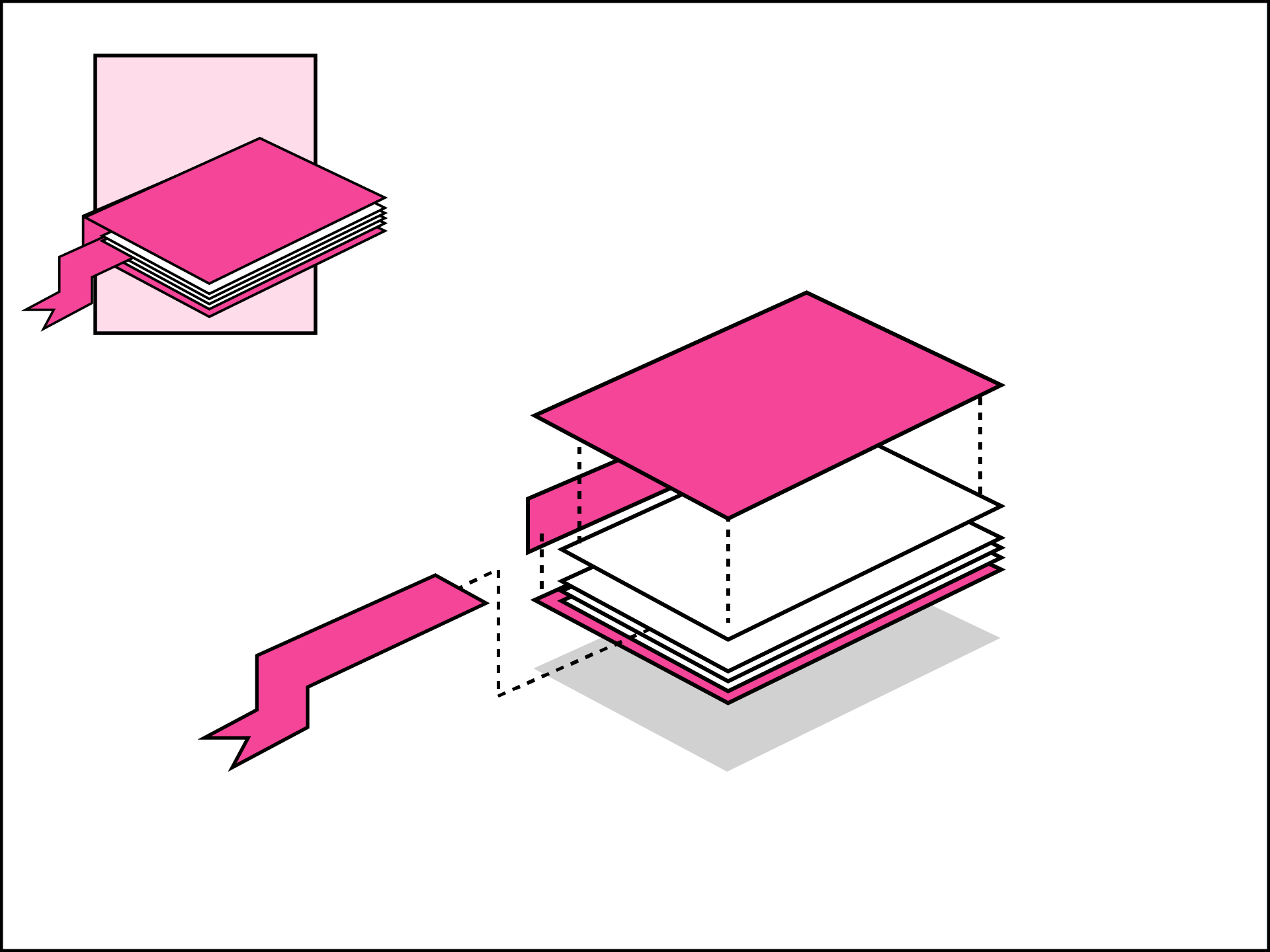
I have to admit something. HelpDocs is not the only software your support teams will ever need. And we have no plans to be.
As a marketer, it feels a bit strange to write about our limitations. In any other company, my job would be to gloss over them.
Normally, I’d find ways of encouraging gushing reviews from our customers, or post self-gratifying content. I’d write PR puff pieces and articles that depict the perfect life of a growing company, while conveniently plastering over any sign of weakness with sparkle and misdirection—while it’s undeniable we deploy an inordinate amount of sparkle, misdirection just isn’t our bag. 🦄✨
I could go down the ad route, of course. I could smear billboards and trains with half-baked rhetoric about how great our product is. It’d no doubt land a couple more leads for the sales team to convert.
All for another modicum of growth 📈.
All for a tiny uptick ✅.
All disregarding if we benefit those we profess to benefit 🙈.
In the end though, it would all be fancy talk and showmanship. We’re not the perfect tool for every situation. And we don’t want to be. It’s why we won’t build out every feature we’re asked to build, and why we won’t expand into every facet we’re asked to glide into.
In a recent talk, Jake touched on how we do decide on our roadmap. But something that’s been on my mind is the feeling that as we scale—gathering speed as enterprise knowledge base software—there’s an increasing expectation to provide a service that does everything.
It’s as if the bigger we become, the more we’re expected to offer.
I often see this idea reflected in our support tickets. Customers ask us about our roadmap and plead with us to venture into other, loosely related areas or build out new features—usually beyond the scope of knowledge management.
I can empathise. I appreciate it might be easier to have one place where you can get all your support software needs met. It still baffles me, though. I can’t help but question the trade-off. Opting for generalist instead of specialist.
One of the main reasons we don’t do ALL THE THINGS is we embrace our limitations. That’s why we don’t make live chat, or sales automation features. And as a team that doesn’t sell, it’s why we don’t put our efforts into a CRM.
We know knowledge bases. Like all great products, HelpDocs was born out of a need for a different kind of knowledge base. And now that we scratched our own itch, we keep a singular focus on knowledge bases. Diluting that seems silly.
We trust, cause this ain’t no silo
The main reason we don't do all the things is performance. There’s a reason phrases like “spread too thin” and “spinning too many plates” resonate so deeply in the SaaS world. If we were to extend our focus beyond knowledge bases, we wouldn’t be focused on knowledge bases—logic win!
The point is, we want to create the best knowledge base software. By splitting our focus, we would lose sight of that goal in a heartbeat. It’s really that simple.
The second reason is expertise. Even if we decided to venture into other areas, it would be a huge learning curve. It took 2 years for the HelpDocs team to become experts in knowledge base software—and we’re still learning from our customers every day.
The third, and most important—because the last is always the most important—is that we believe in building the community of SaaS. We identify with Stripe's goal of increasing the GDP of the internet. So, rather than trying to undercut, and undervalue the specialists that already exist, we put our faith in them and support them.
There are so many kick-ass teams working on amazing software services that cover the areas we get asked about the most. And we trust them to perform as the specialists they are.
I touched on this in a recent post, where I spoke about our relationship with Front—one of many services we work with to expand our feature set. We know other services are specialists in their respective areas, just as they know we are specialists in building knowledge base software.
It makes more sense for us to extend what we offer by integrating and partnering with them instead of trying to emulate them or steal their IP.
Sure, we’ve been burned a couple of times, and I’ve no doubt we’ll be burned again. When you default to trusting others, there are always going to be nefarious players who seek to exploit you in the name of growth. It’s a symptom of a capitalism-led society. It happens!
That doesn’t put us off seeing the best in others, though. 🙃
Do ALL THE THINGS!🤯
I guess what I’m trying to get across is that it’s not that we don’t want to do all the things, it’s that we don’t have to.
We’re not avoiding features because we don’t want to assist our customers. It’s simply that doing all the things doesn’t feel the best option for HelpDocs as a platform and a team, or for our customers.
Opting to have this insular focus in how we expand and grow means we can operate at an enterprise level while keeping our team small. It means we’re not reliant on hitting huge levels of growth just to keep the lights flickering.
It also means we don’t have to take part in underhand sales tactics in order to gain reach new people and gain new customers. In fact, it makes my job as a marketer pretty darn sweet.
